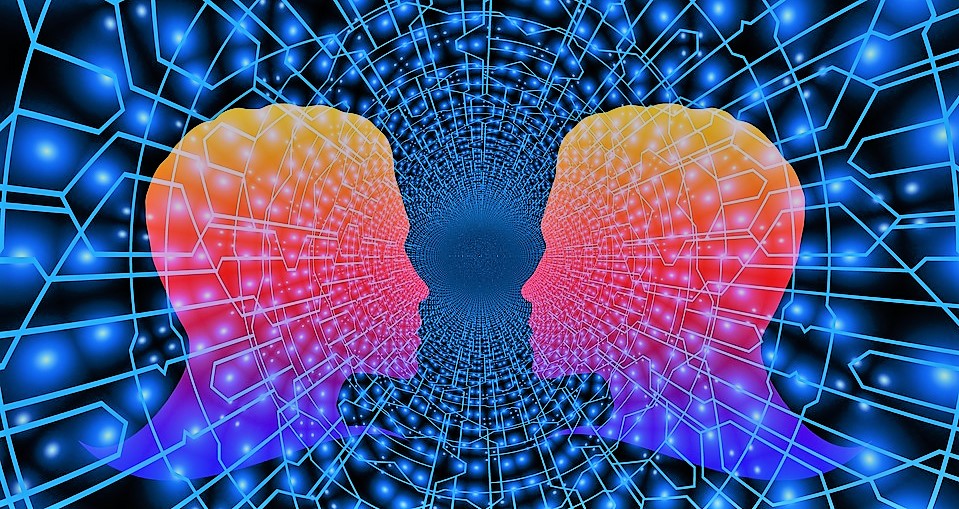AI in Healthcare; Market size to be USD 44.24 billion by 2026

Earlier we discussed the scope of Artificial intelligence and its usability in various fields. As data scientists and people working on AI are making progress, many possibilities for the application of Artificial Intelligence have been realized. Healthcare continues to be one the sector where it has truly made a major impact that goes beyond convenience and essentially affects human lives.
According to a market survey done by Verified Market Intelligence, the worldwide Artificial Intelligence in Healthcare Market was valued at USD 2.62 billion in 2018 and is projected to reach USD 44.24 billion by 2026, pacing up with a CAGR of 49.8% from 2019 to 2026.
Artificial intelligence can be used in planning and resource allocation in health and social care services. AI in the health sector can also be used to analyze, identify patterns in large and complex datasets faster and more precisely. AI has the potential to aid early detection of infectious disease outbreaks and sources of epidemics, such as water contamination and others.
Some of the areas where AI can play a vital role are:
Chatbot nowadays is common on every e-commerce website, customer support website and others. Chatbot has the potential to revolutionize healthcare. Chatbot powered by AI can improve the accuracy of symptoms collection and ailment identification, preventive care, post-recovery care, and feedback procedures substantially and also helpful in reducing the process.
Radiology, one of the other areas where AI can play a vital role by image analysis and diagnosis. AI can be helpful to study highlighted areas of interest on a scan which will drive efficiency and reduce human error. Tumour detection on MRIs and CTs are illustrating the progress of AI towards new opportunities for cancer prevention. According to a market report, a medical company in the USA has received FDA clearance for an Artificial Intelligence-powered platform to analyze and interpret Cardiac MRI images.
Medicine Discoveries, AI having the potential to identify new therapies from big databases of information on existing medicines, which could be redesigned to target critical threats such as the Ebola virus.
AI can facilitate Patient Risk Identification by analyzing vast amounts of historical patient data, AI solutions can also provide real-time support to clinicians to help identify at-risk patients.
Now a day’s hospitals are carrying out Surgery with robotic tools which are controlled by AI to carry out specific tasks in keyhole surgery, such as tying knots to close wounds.
- FIRST PUBLISHED IN:
- Devdiscourse News Desk










